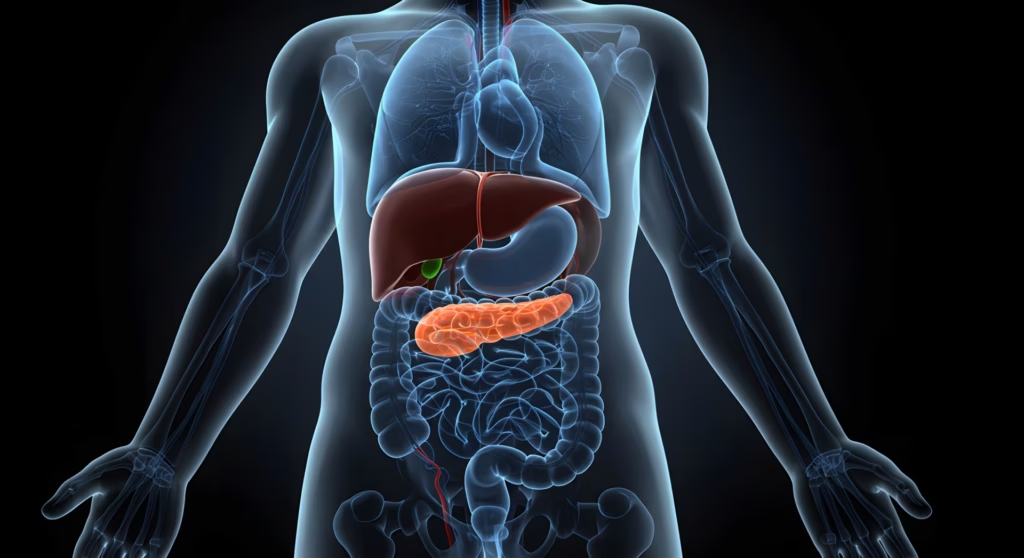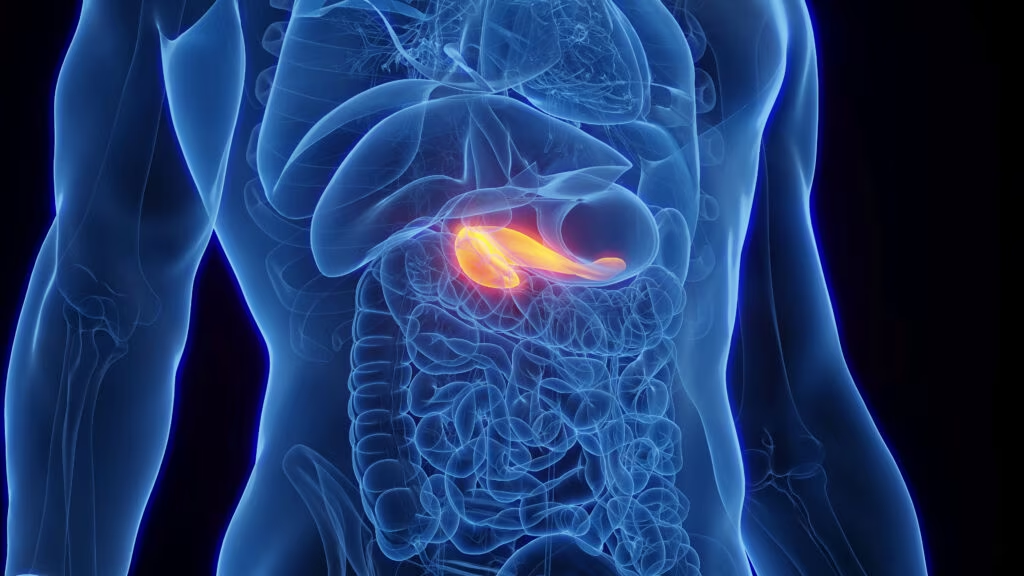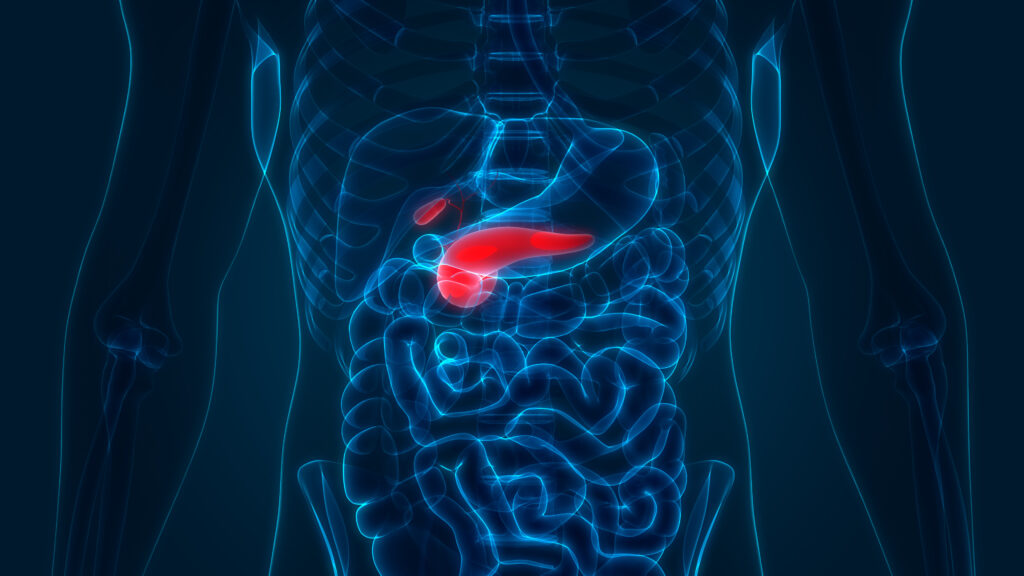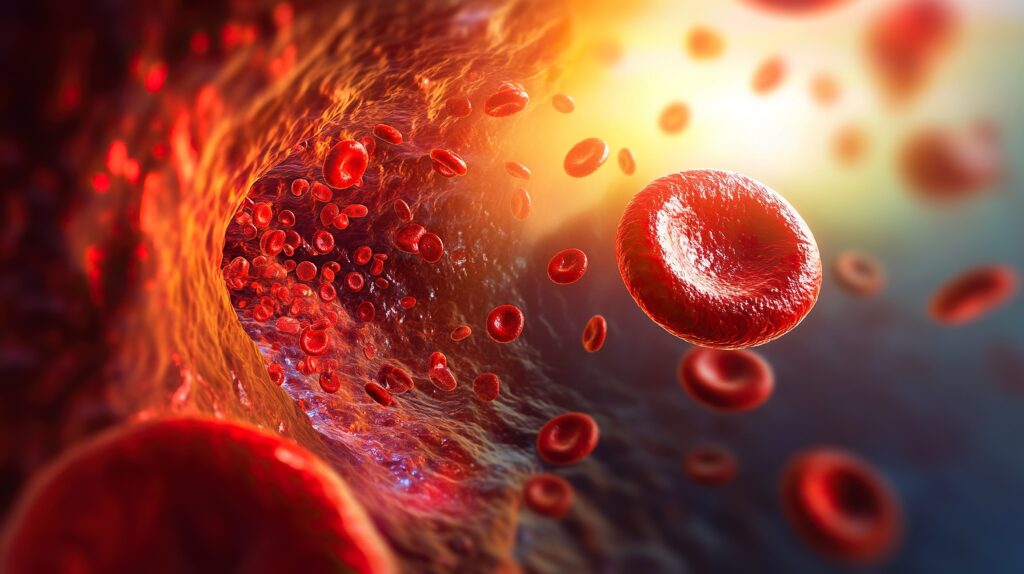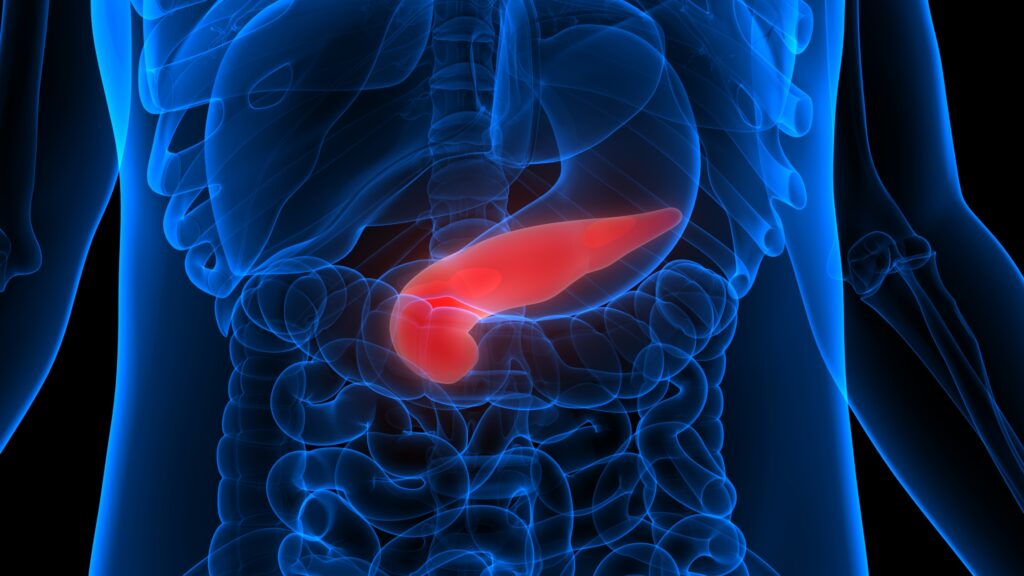Welcome to the latest edition of touchREVIEWS in Endocrinology. In this edition we feature a range of review, case report and original research articles that highlight some key developments in our understanding and management of endocrinological disease. We start with a focus on diabetes. An editorial from Bhattacharya and Kalra gives an overview of the American Association of Clinical Endocrinology 2022 guidelines on diabetes management. Next, a review from Li et al. considers the evidence suggesting that type 2 diabetes can be treated as a behavioural disorder. Following this, Colin et al. discuss the data from a range of studies assessing the impact of glucagon-like peptide-1 (GLP-1) receptor agonists on Alzheimer’s disease progression.
Intermittent fasting, which involves repeated and purposeful drastic reductions in energy intake over periods of time, may be beneficial for patients with type 2 diabetes. Sharma et al. discuss the results of a comprehensive literature search and meta-analysis of studies of intermittent fasting in patients with type 2 diabetes. Following this, Bajaj and Goldenberg review the available evidence on insulin icodec, a once-weekly basal insulin analogue currently in late-phase clinical development. Chockalingam et al. then describe our evolving understanding of type 2 diabetes, and how reframing the disease as overweight hyperglycaemia could refocus treatment towards remission. Returning to the topic of GLP-1 receptor agonists, the potential of this drug class to address the limited treatment options in youth-onset type 2 diabetes is reviewed, including current clinical data and potential barriers and strategies for use. Following this, we move onto a discussion of the epigenetics of the pathogenesis and complications of type 2 diabetes, a topic that has already expanded our scientific understanding of the mechanisms through which some treatments can prevent vascular complications.
Next, we have a systematic review by Aryana et al. on the role of intermuscular adipose tissue in metabolic health, including its relationship to obesity, ageing and exercise. On the topic of liver disease, Karim and Bansal provide a review of the thyroid hormone receptor-beta agonist, resmetirom, for non-alcoholic fatty liver and non-alcoholic steatohepatitis disease. Following this, we move onto polycystic ovary syndrome, a disease frequently associated with insulin resistance, even in patients with normal weight. Genazzani and Genazzani highlight recent new insights about insulin resistance in these patients, including how metabolic impairment can account for most of the clinical signs and symptoms.
Although rare, patients with thyrotoxicosis can develop thyrotoxic cardiomyopathy, a potentially fatal, but reversible cause of heart failure. On this topic, Quiroz-Aldave et al. provide a state-of-the-art review of the disease, including the importance of prompt diagnosis and treatment. Returning to diabetes, Yuzuguldu et al. present the results of an observational cohort study assessing risk factors for the development of diabetic foot ulcers requiring amputation, which have implications for optimum disease treatment and for avoiding this last-resort surgical procedure.
We round this issue off with three case reports. The first, presents a case of a patient with a urothelial carcinoma and solitary adrenal metastases in the context of other published cases. The second, discusses a case series of patients with Van Wyk–Grumbach syndrome, a hypothyroidism disorder characterized by precocious puberty and other hormonal pathologies. The third presents the first documented case of a patient with thyrolipomatosis, a non-neoplastic infiltration of fatty tissue in the thyroid gland co-existing with tongue squamous cell carcinoma.
We would like to thank all those who contributed the insightful and informative articles included in this edition. As ever, we are also grateful to all organizations and society partners for their ongoing support, and for the continued involvement and advice of our editorial board. We hope that you will find this edition informative and interesting.
Ides Colin
Dr Ides Colin is endocrino-diabetologist. He heads the endocrino-diabetology unit, the revalidation center for obese patients, the clinical endocrinology research unit, and, as an internist, an inpatient department at the CHR Mons-Hainaut/Groupe Jolimont (Belgium). He is a graduate of the Faculty of Medicine of UCL Belgium (1988) and got his PhD degree in 1997. He has been a recipient of scientific fellowships from the Belgian National Fund for Scientific Research and the Fogarty International Centre (NIH, USA), at the medical schools of UCL, Belgium, Harvard in Boston and Northwestern University in Chicago, USA. Dr Colin is a member of the Board of Directors of the Diabetes Association (Belgium) and serves on the Medical and Scientific Council of the King Baudouin Foundation. After having led several basic research programs in the field of thyroid and neural stimulation by electrodecuff, he is now involved in clinical trials related to the development of new treatments in the fields of diabetes and obesity. His basic research program is currently focused on understanding the pathophysiological mechanisms related to metabolic improvement after bariatric surgery. His current clinical interest is also in the relationship between Alzheimer’s disease and diabetes. He has been the promoter or co-sponsor of several PhD theses in biomedical sciences and is the author or co-author of more than 60 publications in endocrinology-diabetology and internal medicine. He is regularly invited as an expert for thesis juries and scientific committees, and as a speaker at national and international scientific meetings.


